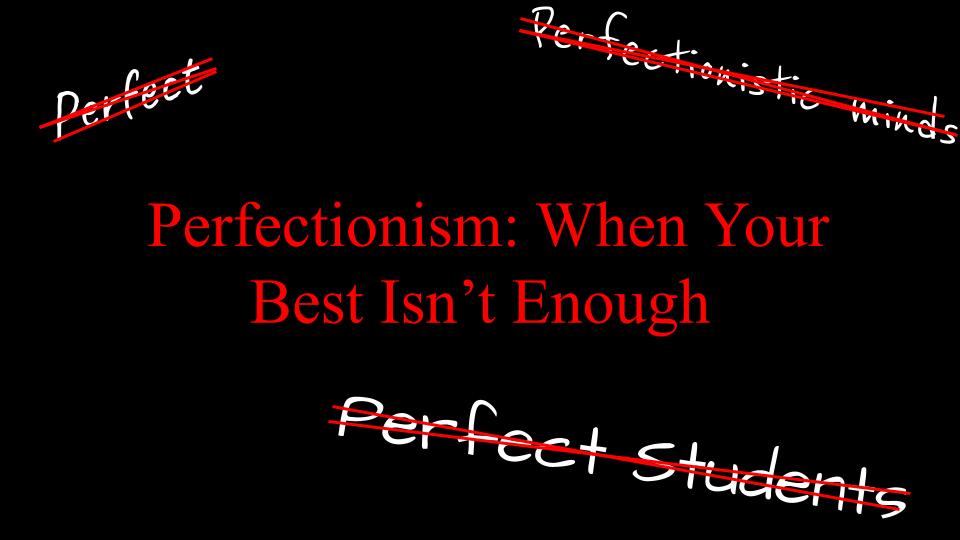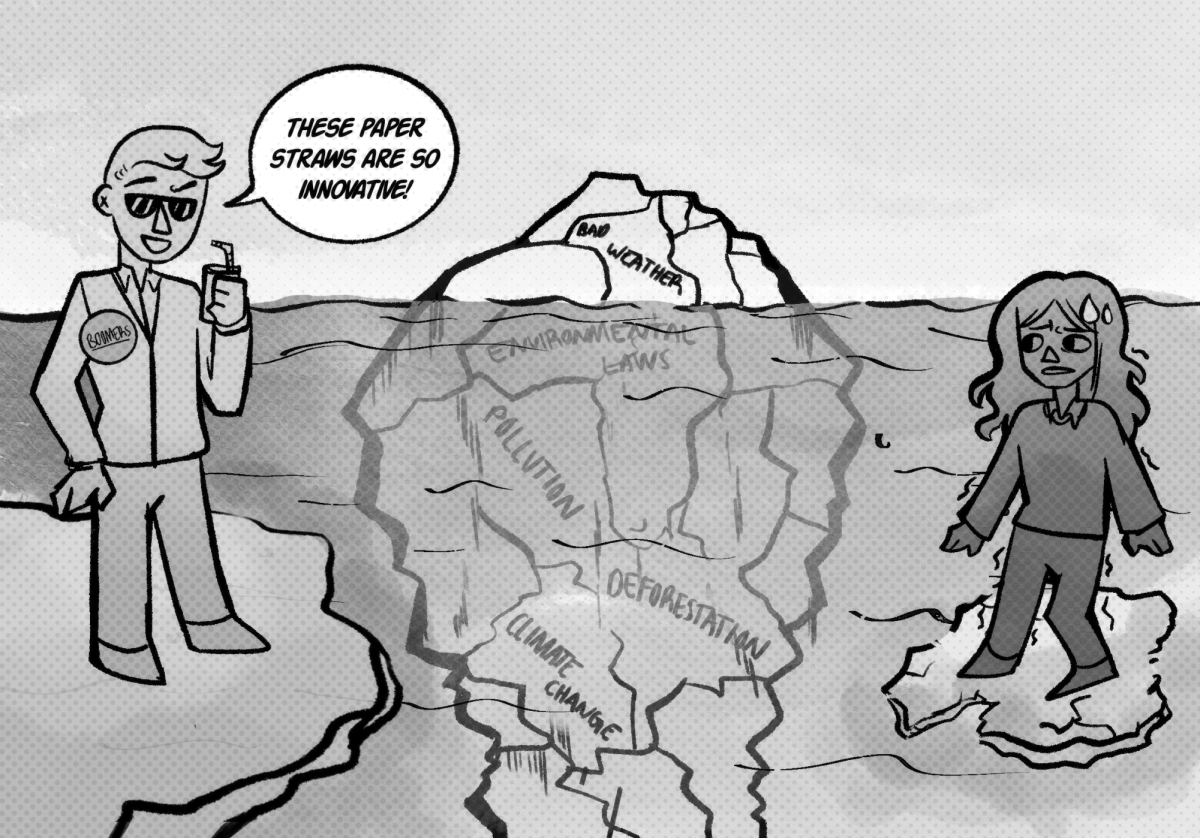Let’s face it: you are not immune to propaganda.
Every social media site and every article you read is delivering some form of propaganda to you, whether it’s outright or not. In the modern age, things like false facts and misinformation have become rampant, and the truth is that it affects everybody, no matter your beliefs.
I see this happening everywhere, ranging from innocuous “historical” posts to outright political messages. The problem seems to be that a large portion of people read these posts, , and instead of looking through it and really thinking, they think to themselves “This uses numbers, so it must be true,” and then move on. This is a bad habit as it allows people to subtly condition these oblivious readers into believing a certain thing, or supporting a specific cause that may be harmful for the world.
Let me be very clear; this is not a one-sided problem. It happens to every political group, every supporter of a specific cause and so on. Since this is occuring at a large-scale, it can be visualized as a blanket covering the entirety of the internet, especially social media.
Take the late months of 2020 through early 2021 during the U.S. presidential election. No matter which side one’s support goes to, it’s truthful to say that this specific moment in time was just charged with information that simply was not true, on both sides. Every second on social media during this era could be compared to swimming through a pool of pufferfish, with the pufferfish as propaganda, and “interacting” with them could be extremely harmful mentally, and sometimes the consequences could lead to physical harm, as seen with the Capital riot of Jan. 6, 2021.
It’s an extremely scary prospect that something as small as a tweet about one person can be such a potent thing. This idea has been discussed a bit more in the past few years, but for the most part, the general populace is largely unaware of the conditioning they’re experiencing every day. It’s especially important to make sure that the younger generation is aware of the way social media conditions their brain, as they are much more impressionable given how their brain develops.
Tiktok is quite possibly the biggest proprietor of feeding straight up misinformation to teens. Since there’s no requirement to be able to make a post, it’s rather easy for any group to go ahead and create a swarm of fresh accounts to push a specific agenda, ready to be consumed by droves of easily-impressionable people. I can recall plenty of times where I’ve come across a political post by an account that has little to no posts, no bio or profile picture and a general lack of personalization of the account.
I am guilty of falling for things that aren’t true. Really, I’d be lying if I said I was able to defer what’s real or not every second I spend on social media. I have had multiple moments where I’ve seen doctored photos of real people, and not even stop to examine the truthfulness, and it’s a habit I’ve been slowly working to break free of.
The important thing is to not look down on yourself for ever believing a false social media post. The human brain works in such a way that it prefers to make quick judgments, which leads to us subconsciously falling for false facts. In fact, everybody has these subconscious biases, it’s just a natural aspect of being a human, and no one should beat themselves for falling victim to this reality.
My recommendation? Take a step back when scrolling through Tiktok at two in the morning and think about the validity of a claim being made on a post. Make sure what you’re consuming has a respectable degree of credibility.













